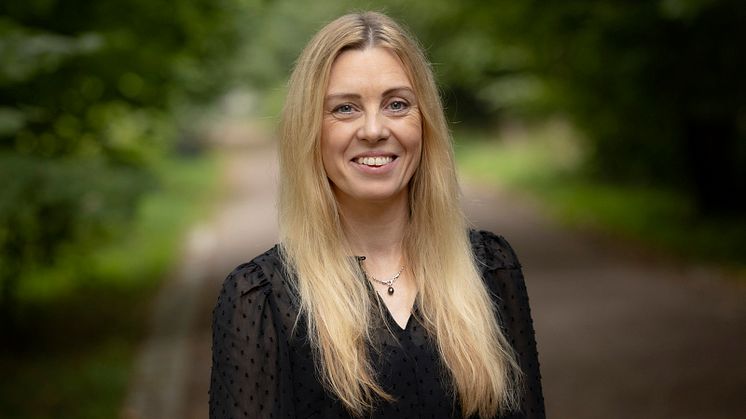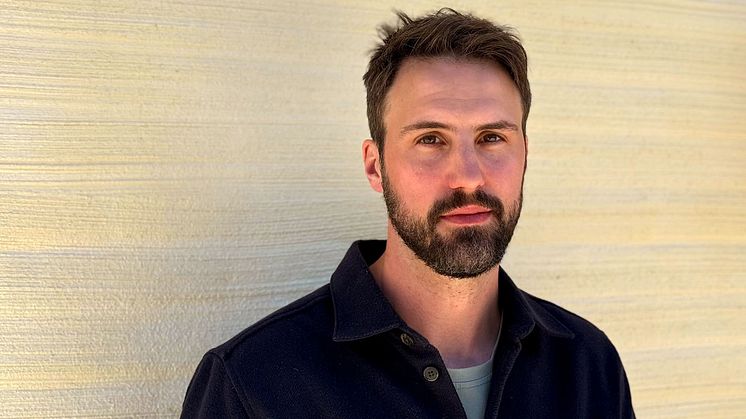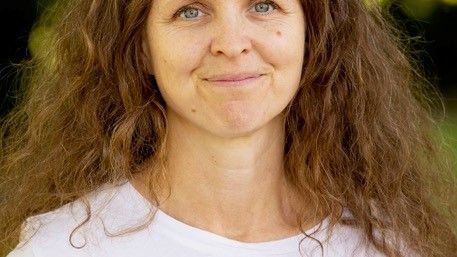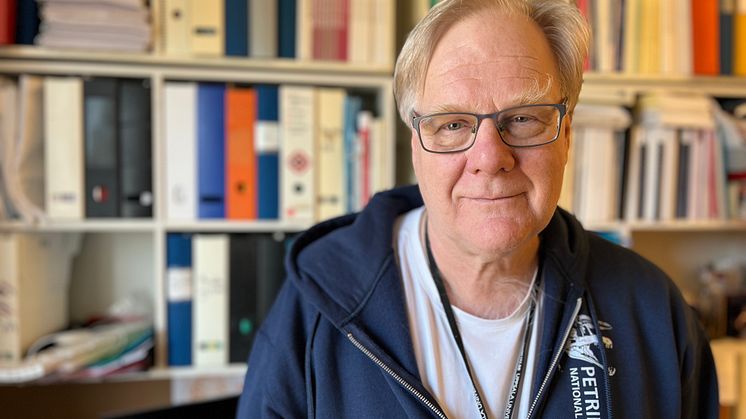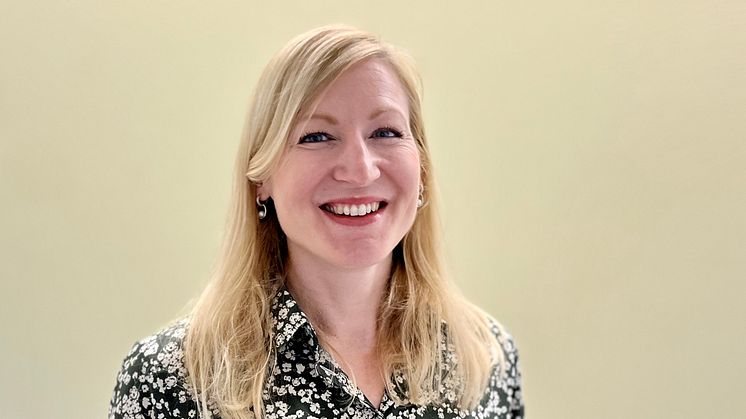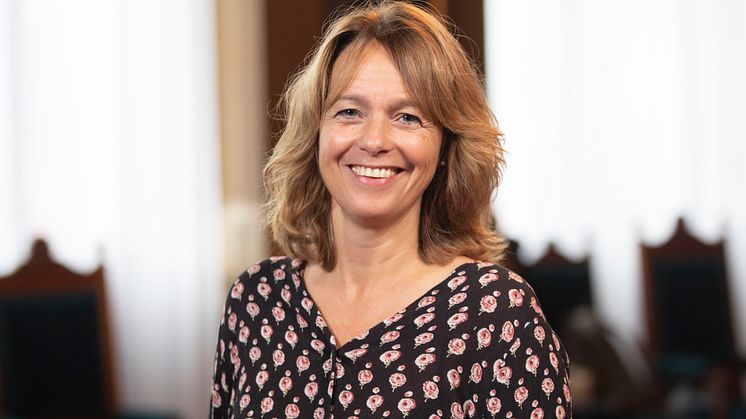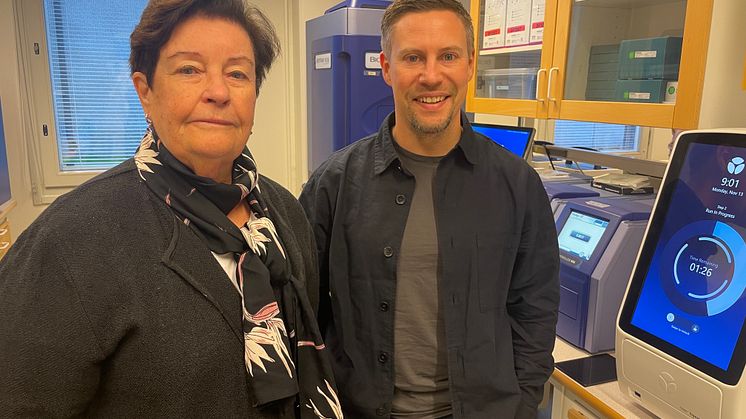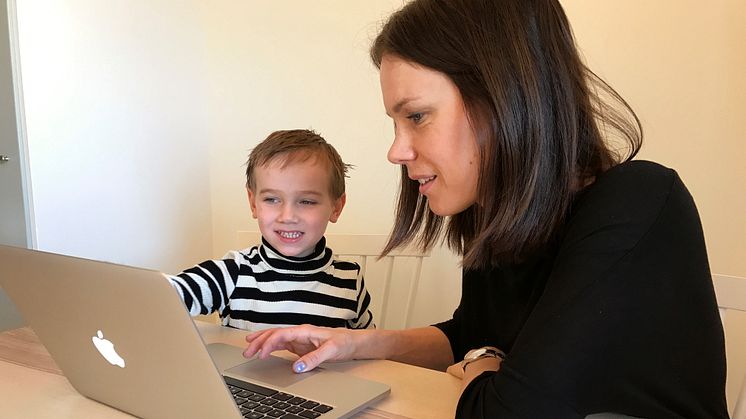Greater attention needs to be paid to malnutrition in the sick and elderly
As many as half of all patients admitted to hospital, other healthcare facilities are malnourished. This has serious consequences for the individual in terms of poorer quality of life and mortality. Providing nutrients can alleviate these problems, but not enough attention is paid to this knowledge, writes researchers from Uppsala University and the University of Gothenburg published in the NEJM.
